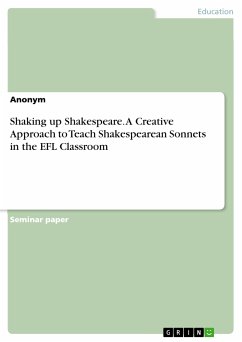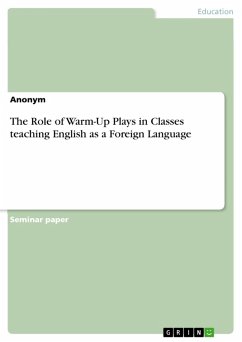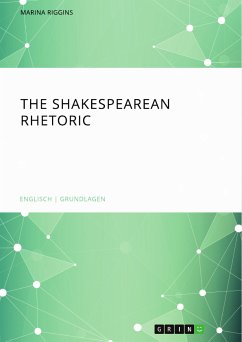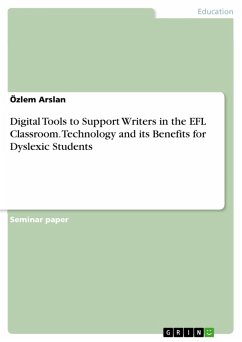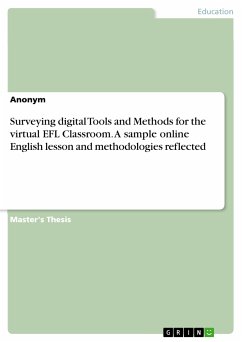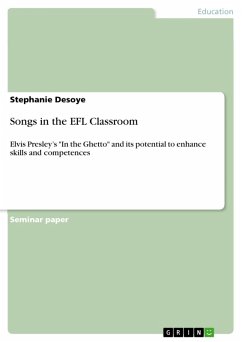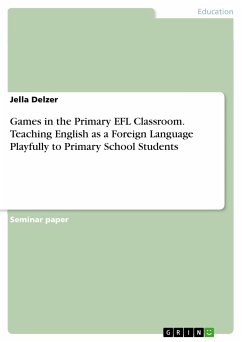Seminar paper from the year 2020 in the subject Didactics - English - Genres, grade: 1,3, University of Duisburg-Essen, language: English, abstract: In North Rhine-Westphalia teaching Shakespeare is, as in other federal states, an integral part in the curriculum for the Sekundarstufe II in English and has equal to the prior years, in the upcoming Abitur 2021 Shakespeare in its standards. However, in recent years the acceptance of Shakespeare in the classroom was highly discussed. In a survey, hold by Isolde Schmidt in 2004, more than hundred students, attending an English Leistungskurs, were asked about their acceptance with Shakespeare. Surprisingly, a large number of students expressed a positive association with Shakespeare, emphasizing the great importance of the author for the international cultural heritage. However, a lot of students were dissatisfied with the applied pedagogical teaching approach. Based on this decline of motivation related to the applied pedagogical teaching approach, the teaching of Shakespearean sonnets is complicated by the fact that the teaching of the genre poetry brings along its own challenges for the classroom. The resentment to poetry has also risen from the "one-sided teaching approach" in which the main focus is set on the "formalistic and analytic interpretation" gearing towards finding the right meaning. To prevent the total loss of motivation and interest of the students the focus of teaching should be shifted to creative approaches. With the implementation of innovative student-centred, process- and task-based methods using different media and referring to the environments of the students, traditional teacher-centred methods can be superseded and thus students' motivation can be awakened and maintained. In order to show that the teaching of Shakespearean sonnets has not only to be limited to formalistic and analytic interpretations, this paper will demonstrate creative methods for teaching Shakespearean sonnets. The paper is divided into two parts. The first part deals with the theoretical background on teaching sonnets. Since sonnets belong to the genre of poetry, I will first outline the role and benefits of teaching poetry. Afterwards, I will address the potential and challenges of teaching Shakespeare. [...]
Dieser Download kann aus rechtlichen Gründen nur mit Rechnungsadresse in A, B, BG, CY, CZ, D, DK, EW, E, FIN, F, GR, HR, H, IRL, I, LT, L, LR, M, NL, PL, P, R, S, SLO, SK ausgeliefert werden.

